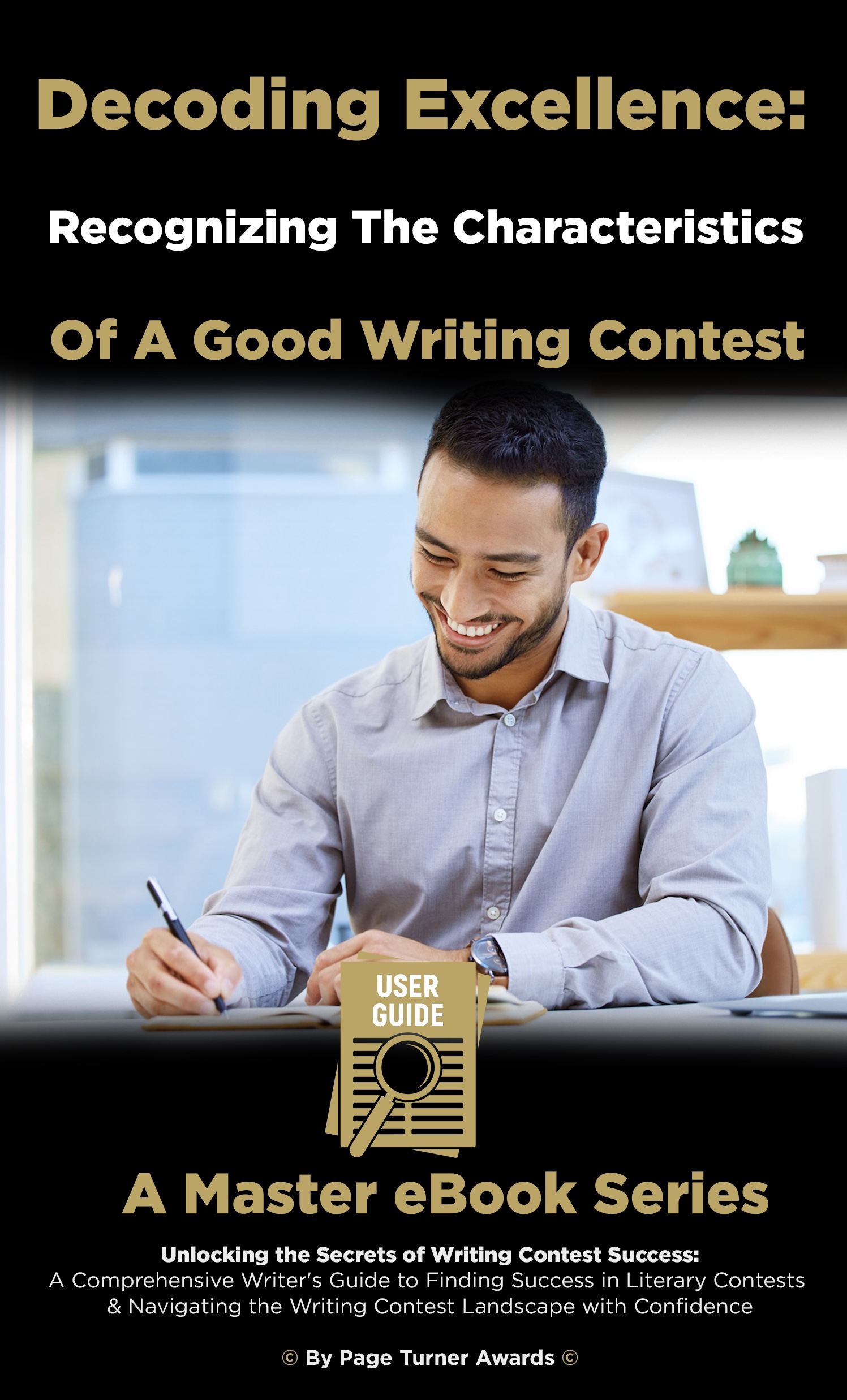
Decoding Excellence: Recognizing The Characteristics Of A Good Writing Contest
Not all writing contests are created equal. Understanding the key characteristics of a good contest is essential for making informed decisions. Let's explore the traits that set exceptional writing contests apart.
Introduction:
With numerous writing contests available, it's crucial to identify those that offer genuine value and opportunities. This article delves into the characteristics of a good writing contest.
1. Clear Guidelines:
Transparency and Clarity: Good contests have transparent guidelines and rules.
Entrants should easily understand submission requirements, deadlines, and judging criteria.
Accessibility: Contests should be accessible to a wide range of writers, regardless of background or experience.
Open and inclusive guidelines encourage diverse participation.
2. Impartial Judging:
Professional Judging Panel: Exceptional contests enlist a diverse and experienced judging panel.
Judges with industry expertise contribute to fair and informed evaluations.
Blind Judging: Good contests often employ blind judging methods.
Anonymity ensures entries are evaluated solely on merit, without bias.
3. Meaningful Prizes:
Valuable Rewards: A good contest offers meaningful prizes beyond monetary rewards.
Opportunities for mentorship, publishing deals, or exposure to literary agents contribute to the overall value.
Publication Opportunities: Exceptional contests provide avenues for publication.
Winning or placing in a contest can lead to exposure in literary magazines or with publishing houses.
4. Positive Reputation:
Previous Success Stories: A good contest proudly showcases past winners and their achievements.
Positive testimonials and success stories contribute to the contest's credibility.
Industry Recognition: Contests with positive industry recognition are likely to be reputable.
Research the reputation of the contest within the writing and publishing community.
5. Supportive Community:
Networking Opportunities: Outstanding contests foster a supportive writing community.
Opportunities to connect with fellow writers, agents, and publishers enhance the overall experience.
Feedback and Development: Good contests offer constructive feedback to participants.
A commitment to the development of writers is a hallmark of a reputable contest.
Conclusion:
A good writing contest is characterized by transparent guidelines, impartial judging, meaningful prizes, positive reputation, and a supportive community.
Identifying these traits ensures that your participation is not only worthwhile but also contributes to your growth as a writer.


